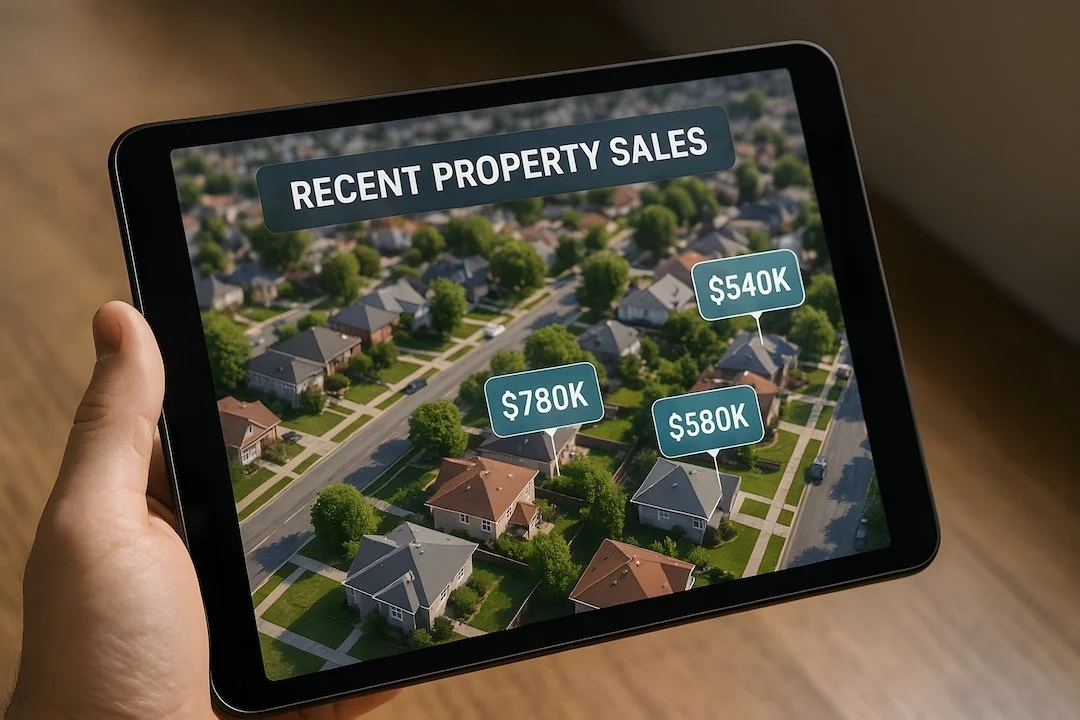Why Pricing Strategy Can Make or Break Your Sale
When it comes to selling a home, one of the most important decisions you will make is how to price it. Many sellers assume that a higher asking price leaves room for negotiation, while others fear pricing too low will mean leaving money on the table. The truth is that pricing strategy is one of the most powerful tools in real estate, and getting it wrong can cost both time and money.
The Risk of Overpricing
Overpricing can be one of the biggest mistakes a seller makes. A home that lingers on the market quickly develops a stigma. Buyers begin to wonder what is wrong with the property, even if the only issue is the price.
Over time, sellers may be forced to reduce the price, sometimes more than once. These reductions can make the home look less desirable and weaken the seller’s negotiating position. In many cases, overpriced homes end up selling for less than they would have if they had been priced correctly from the start.
The Risk of Underpricing
While overpricing carries risks, so does underpricing. Setting the price too low may generate immediate attention, but it could also limit your potential profit. Some sellers use underpricing strategically to encourage bidding wars, but this approach works best in very strong seller’s markets.
If the market is more balanced or leaning toward buyers, an underpriced home may simply sell quickly at a lower value than it deserves.
The Power of Market Data
Successful pricing strategy relies on data, not guesswork. Real estate agents use comparative market analyses to review recent sales, current listings, and market trends. This information helps determine a price range that is realistic and competitive.
Beyond the numbers, local expertise matters. A skilled agent understands neighborhood demand, buyer preferences, and the nuances that can influence value. Their insights ensure that your pricing strategy is not only data-driven but also tailored to your specific market.
Finding the Sweet Spot
The goal is to find the balance between maximizing value and attracting serious buyers. A well-priced home generates interest, encourages multiple showings, and often leads to stronger offers. In some cases, competitive pricing can create urgency among buyers, resulting in offers above asking price.
Final Thoughts
Your pricing strategy is more than a number; it is the key to a successful sale. The right approach positions your home competitively, draws in qualified buyers, and sets the tone for negotiations.
Work closely with your real estate agent, trust the market data, and focus on presenting your home at its best. When you price it right from the beginning, you give yourself the best chance to sell quickly, profitably, and with confidence.

